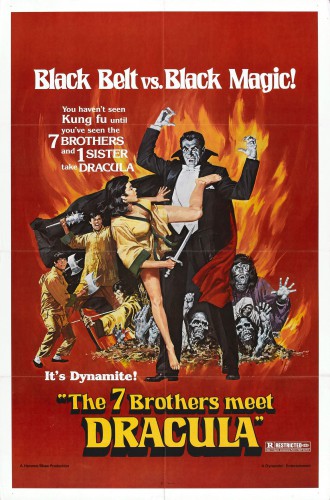
We’ve gotten some feedback about our podcasts no longer automatically refreshing in either iTunes or on mobile devices (since iTunes’ last software update). We’re working on a fix for phones, but if your iTunes hasn’t refreshed PZP or The Mockingpulpit since November, click here for a solution.
EPISODE 181
 Simeon Zahl has recently confirmed an insight that’s been forced on me from time to time, whether I like it or not. Simeon said that “dualism has a limited but necessary role in experience.” What I think he meant is that while transcendence and monism are accurate modes of understanding and engaging with life and its resistances, there are times when, there are occasions when, the evils or evil we face can only be met by a walloping intervention of the Good.
Simeon Zahl has recently confirmed an insight that’s been forced on me from time to time, whether I like it or not. Simeon said that “dualism has a limited but necessary role in experience.” What I think he meant is that while transcendence and monism are accurate modes of understanding and engaging with life and its resistances, there are times when, there are occasions when, the evils or evil we face can only be met by a walloping intervention of the Good.
While many polarities and “either-or” situations are the constructions of an egotistical conceptuality, some of them — some of the polarities we face — are actual. Satan is real and there are some personal maleficences in play, pitiless and malicious, that cannot be cured by meditation. They’ll bite your head off even as you’re zoning out.
James Bernard (1925-2001) was an English composer who scored many of the Hammer horror films. Bernard believed personally in the struggle of good against evil. He also believed in the final victory of good over evil. His music is deliberately dualistic. Some of his best dualistic scores include “The Devil Rides Out” (1968), “Kiss of the Vampire” (1962), and “Taste the Blood of Dracula” (1970). And there are many more.
An absolute knockout of a dualistic score is James Bernard’s music for an English television episode in 1980 entitled “Witching Time”. You can’t watch that particular 51-minute minor masterpiece without ratcheting up everything you’ve ever thought and experienced about 20% higher in the direction of spiritual warfare.
I’ve called this podcast a “dualism clinic”. I’m not taking away a single iota of praise and endorsement from Gerald Heard and Aldous Huxley. But I am saying that if we disregard that “little bit (of dualism) in the corner” (Beyond the Fringe), we are in danger of missing something important. And I speak for myself.

COMMENTS












